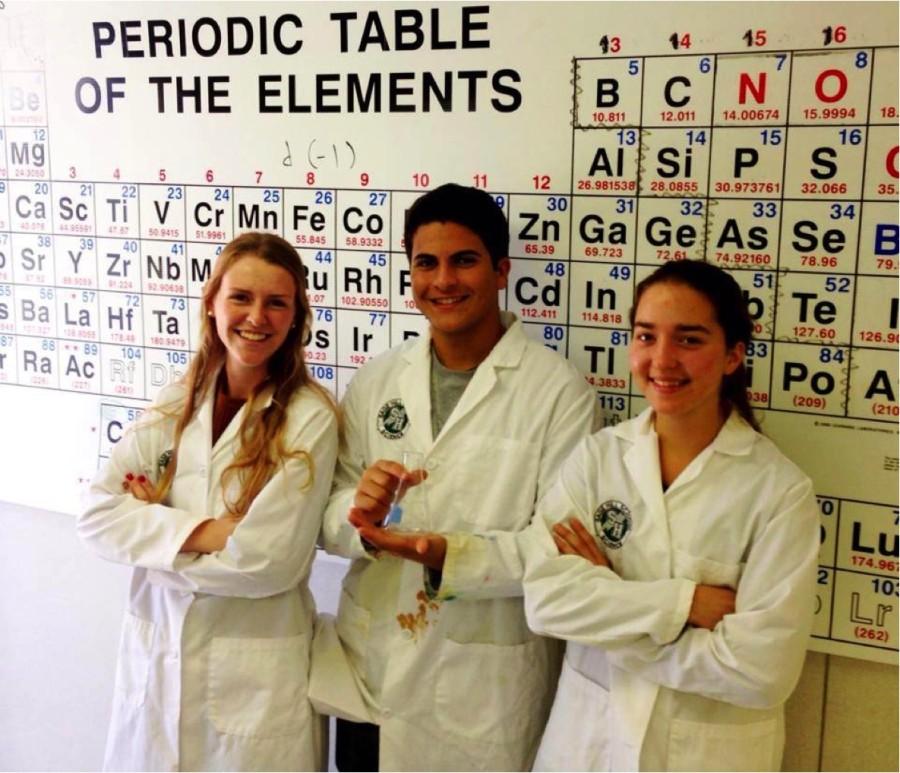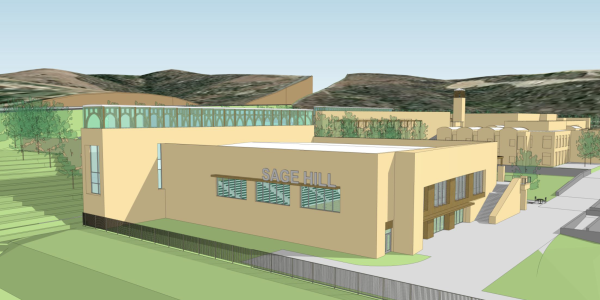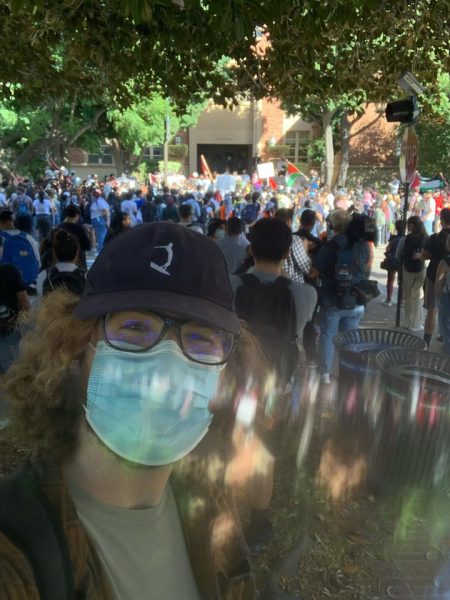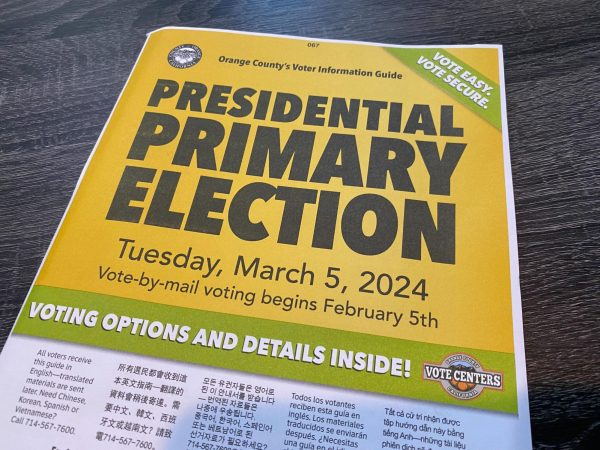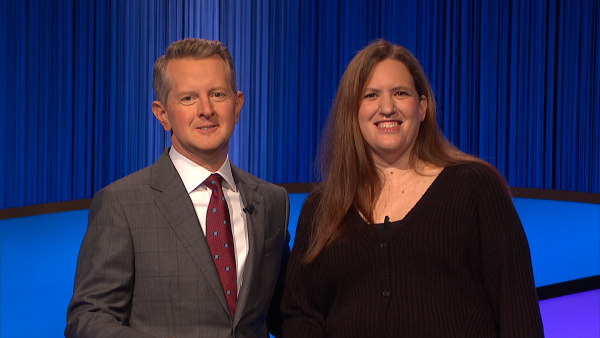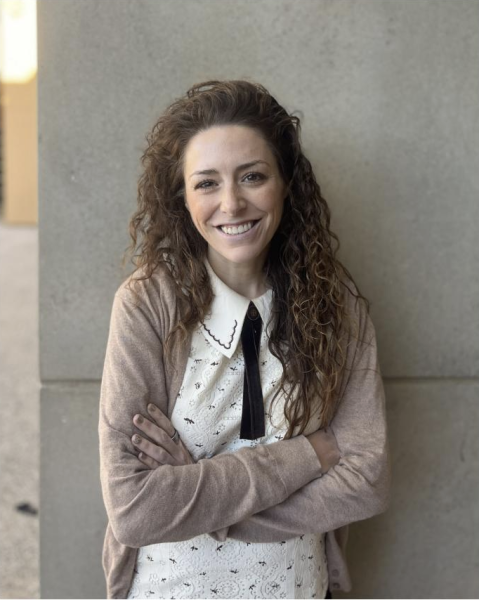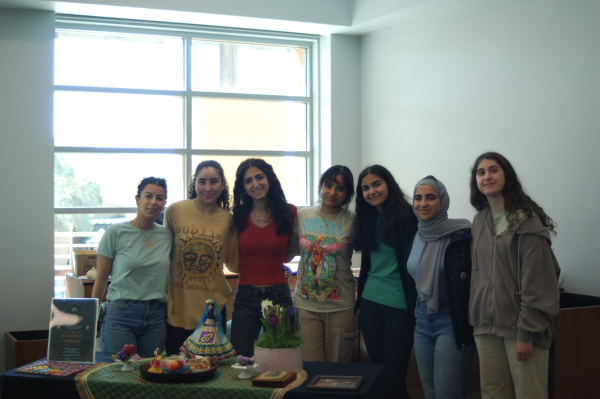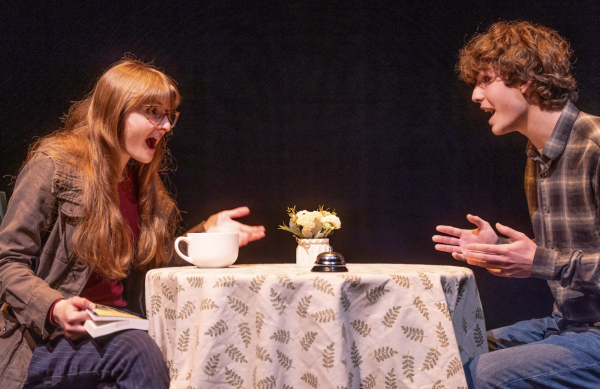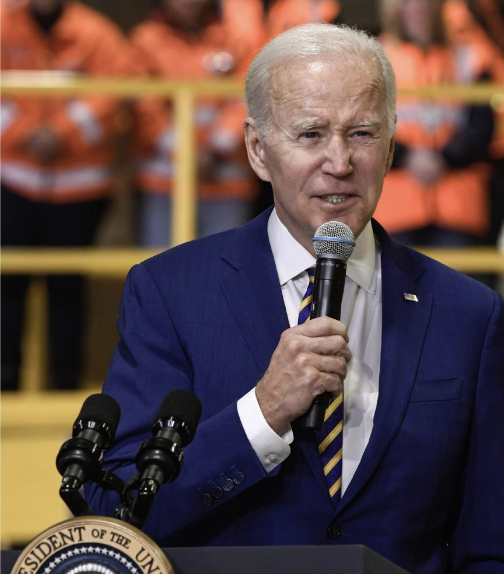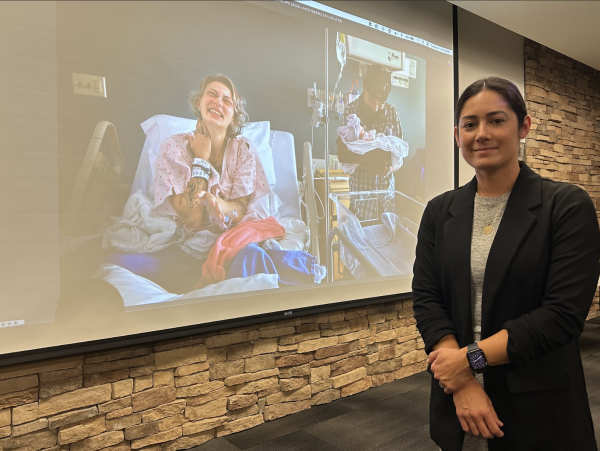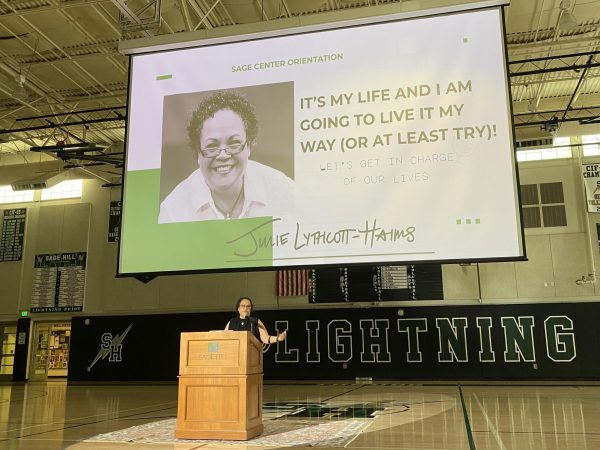Claire Goul Named Semi-Finalist for Intel Science Award
Senior Claire Goul was selected as a semi-finalist for the Intel Science Talent Search, a national math and science competition, on Jan. 7. Of 1,800 high school seniors who applied for the prestigious award, only 300 were selected to be semi-finalists.
Another panel of scientists will reevaluate the applications – composed of essays questions and an in-depth research report – and 40 finalists will be invited to Washington D.C. to compete for top honors and meet President Obama.
Goul began her science research during the summer of her sophomore year. She started researching the metabolism of cancer cells at the Massachusetts Institute of Technology (MIT), and then continued her work at the University of California, Irvine (UCI) lab.
“During my sophomore year I got really excited about science. Mr. Zarubin helped me contact professors, and I ended up at MIT. When I was there I became interested in mitochondria, which Dr. [Susanne] Rafelski works on. I thought her work was really cool, so I found her lab and emailed her and I started working there,” explained Goul.
In addition to Dr. Rafelski, an assistant professor at UCI, she also works with Dr. Michelle Digman, director of the W.M. Keck Nanoimaging Lab. By comparing the metabolism of cancer cells to that of normal cells, these scientists hope to help diagnose or treat cancer.
“I’ve been studying cancer cells and their energy requirements, how much energy they need to grow and divide, and comparing that to normal cells. The goal is to take advantage of the differences between cancer cells and normal cells to possibly help diagnose or treat cancer,” Goul explained.
On campus, Goul founded a Service Learning project called Sage Science Ambassadors, with seniors Rebecca Fudge and Amir Soleimany. “We make critical-thinking and common core standards based science kits for underprivileged schools,” said Goul.
Her passion for biology is driven by her curiosity and the minute intricacies of life. “I’m amazed by how much knowledge there is and how many questions there are that we don’t know the answers to,” Goul declared. “How can all these parts work together? There are all these complex things going on that we don’t know about or understand.”
With her trademark humility, Goul protested praises. She described her achievements not as successes, but as testaments to her growth.
“[When I first started research] I was pretty nervous about asking questions to all these scientists, and I was sort of shy. But now it’s very much the opposite,” Goul admitted. “I’ve gotten used to asking questions, and not thinking that my questions are stupid, and not trusting everything that I read or hear.”
For now, Goul plans to continue her research after she graduates in the spring. “There’s always more to be done,” Goul explained. “I probably will do biology research in college, but in a different area.”
A longer article about Goul will be published in Issue 6 of The Bolt in February.

